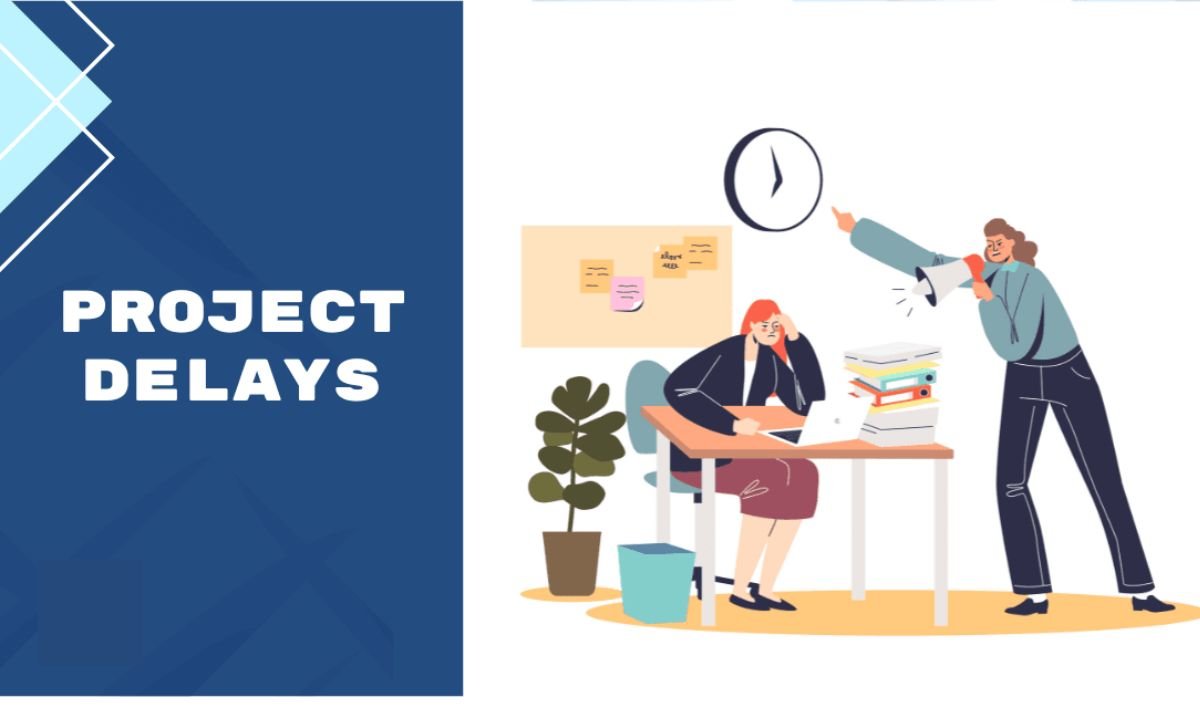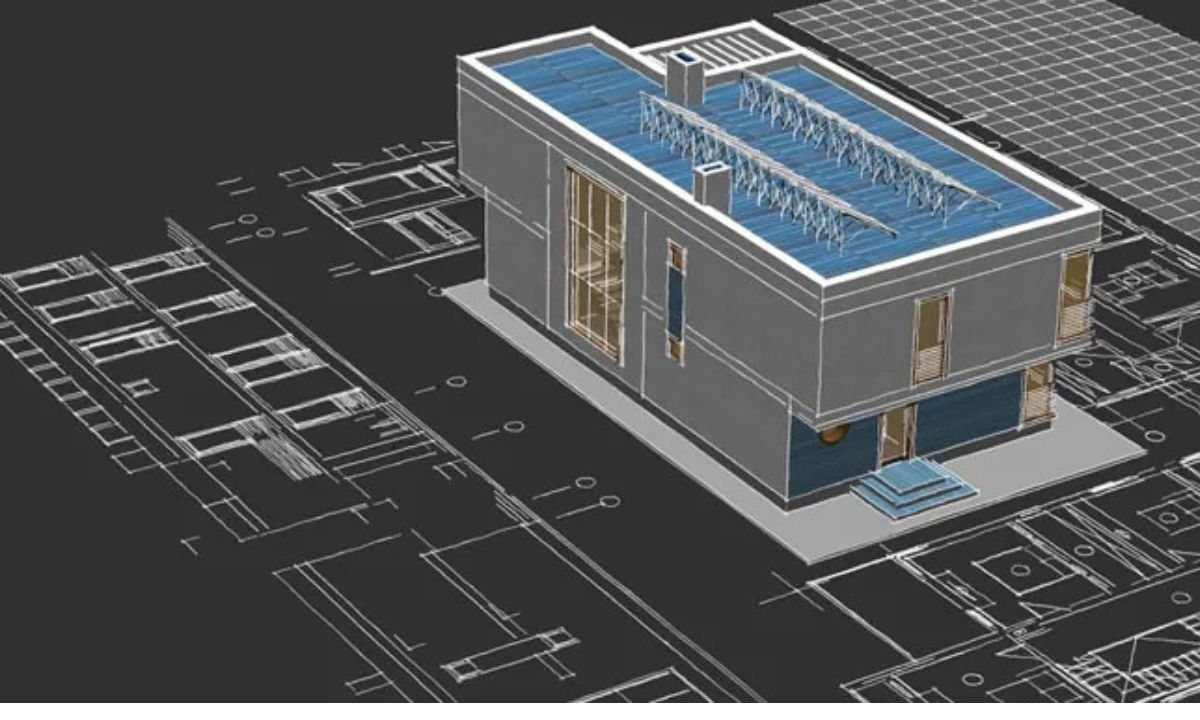Construction projects are large and made up of many activities that require the involvement of many diverse people, materials, and processes. Therefore, over time, it is acknowledged that delay is bound to occur in virtually all projects and this can have severe consequences from a financial situation and a schedule perspective, not to mention the variation it will have on stakeholders. In this line of this article, I will explain some of the main causes of construction delay and offer insights on how best to develop preventive and corrective measures mechanisms.
Causes of Construction Delays
It is not unusual to find many reasons that can extend the time required to complete Construction Estimating Services Australia projects. Some of the most common reasons include:
- Design Changes: As plans are modified and future engineering documents differ, it can lead to issues of rework and scheduling issues. It is really important to avoid future problems to plan well in advance as well as set up the change order procedure correctly.
- Permitting and Regulatory Issues: Another source of a setback is that permits may be granted late in the project or even mid-project or codes/regulations can be changed. This risk is reduced by doing extensive reviews of the requirements before the commencement of work.
- Material Shortages or Defects: At the workplace, it may be due to international supply chain and shipping disruptions, bespoke manufactured components with time delays, or faulty parts that have been returned can all be causes of slow work. This is a big factor that is helped by improving the procurement processes.
- Labor Shortages: Another problem common to the construction industry is critical worker shortages; staffing projects appropriately has remained difficult. Increased recruitment activities and enhancement of retention are work that must be done.
- Adverse Weather: These areas include hurricanes and cyclones, high or low temperatures, heavy rain and storms, and other work stoppers whenever the environment is not protected or there is no sufficient backup plan prepared.
- Funding Issues: Impounded capital or delayed funding halts construction projects entirely. Realistic budgets and contingency funds are less certain than planned funds.
Avoiding Construction Delays
While some delay causes are unavoidable, implementing the following proactive measures can greatly reduce delays and limit impacts where issues do occur:
- Complete Detailed Planning: Make sure every aspect of the project is ramped up as much as is feasible like the project plan, budget, designs of something, etc. It is suggested that employees keep repeating document updates as such changes occur to keep everybody on the same page.
- Assemble the Right Team: Thorough, experienced, and qualified personnel in leadership, project, design, and trades guarantee the basis for success.
- Prioritize Clear Communication: Establish order and clear lines of communication to effectively convey various messages in the shortest time possible. To engage all activities proactively.
- Build in Schedule Contingencies: Create contingency days across the schedule, particularly for risky activities so that, when a task is delayed, completion will not be as well.
- Enforce Risk Management Protocols: Conduct planning for risk and reassure the team of possible delays and design processes for actions to follow in case challenges occur as learned from the planning for risk and reassurance of the team in the future.
Active Construction Delays Management
Systematic delay management increases the probability of the schedule recovery to its maximum when a schedule slip occurs. Critical tactics include:
- Quantify Impacts: Collect plenty of specific information on the causes of the delay, the consequences of the delay, other activities affected by the delay, the costs encountered, etc. for response purposes.
- Update Schedules: Review schedules quickly when they become unrealistic as changes occur to ensure that effective completion estimates are achieved.
- Accelerate Where Possible: See if you can ‘accelerate’ certain jobs, ‘reduce cycles’, ‘add crews/shifts’, etc., on as many parts of the job as possible to counterbalance some of the delays.
- Enact Contingencies: Use social time to resume activities, contingency money, other suppliers, and the likes which can be gotten from the involved mitigation plans.
- Submit Time Extension Requests: In case any other non-negotiable good causes a delay beyond the project team’s control, use formal time extension requests to avoid liquidated damages if applicable.
- Keep Communicating: Some of the key strategies include timely communication of schedule changes, progress, and action plans to ensure that stakeholders are informed all the time and are in harmony with the set plans even if there are alterations in the progress made.
It can be also seen that Electrical Engineering Services provide essential to several typical causes of delay including design change and constructability assessment, factors relating to electrical equipment or material. Incorporating experienced experts right from the start and in the gradual stages of a project is certainly more effective.
Conclusion
Although the best effort is being made by the planners, construction project delays will still occur because the sector is so complex with unknown factors involved. When a project team has a clear understanding of the major causes of delay this puts the team in a better position to be preventive where they can and be on the defensive where they have to be when dealing with causative factors. This paper established that the use of processes that facilitate detailed planning, communication, risk management, and timely actions is central to avoiding delays in project schedules and subsequent increases in costs to produce the best outcomes for all involved stakeholders despite delivery factors. Having qualified workers like professional Xactimate Estimators also enhances analytical muscles in planning and executing in the field.
When prevention and response strategies for sound delay are in place, construction leaders can advance their portfolios and meet obligations from stakeholders regardless of the occurrence of delays. Construction Estimating Services are usually useful near the project finalization – to check supplier invoices, changes, and claims, and to reconcile all project costs before going to the project closeout. Thus, turning to these professionals guarantees timely compliance with the regulations, as well as accuracy and fairness in the completion of long-awaited work.










